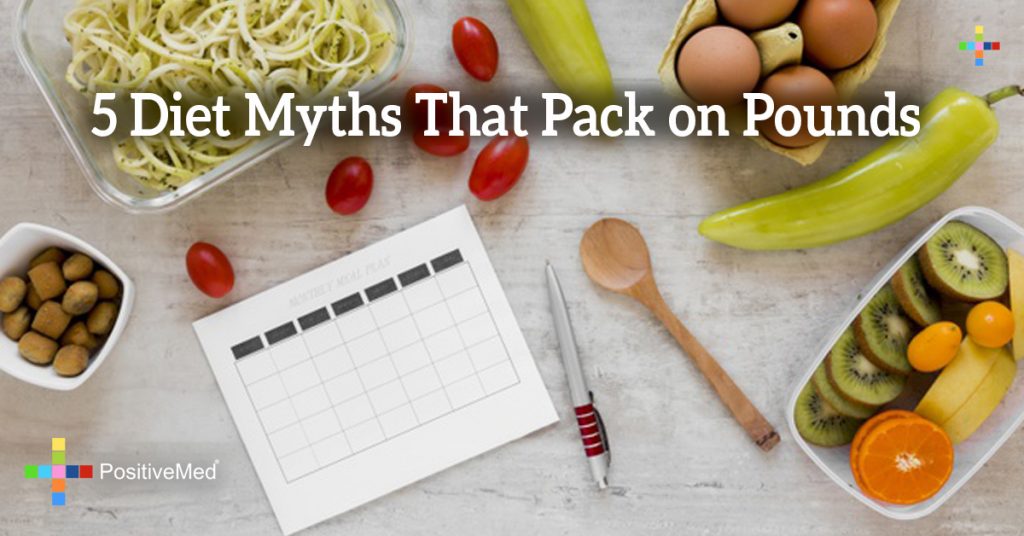
Don’t be fooled by diet rumors, its time we stop believing in weight loss misconceptions that can keep you from taking the right course of action to reach your goals.
1. “Strength training will bulk me up”
Ok, so the first thing to clear here, is that a pound of muscle weights as much as a pound of fat, a pound is a pound, whether it’s made up of muscle or fat. The truth is that muscle is more dense than fat and takes up less room so you look firmer, smaller, and more fit. Its also more metabolically active, so just having more muscle will boost metabolism throughout the day to help keep you leaner.
Working out with heavy weights for as few as 3 to 6 repetitions can increase an exerciser’s sleeping metabolic rate by nearly 8%
2. “I exercise every day. So I can eat whatever I want.”
Wrong! You are what you eat, and if you’re trying to lose weight, you will end up out-eating your workout. Eat to create a calorie deficit to achieve an average weight loss of a pound per week (250 calories fewer per day).
3. “It’s harder for women to lose weight than for men”
Biologically, men are built with more lean muscle mass (the compact, tight muscles that keep metabolism humming) than women, therefore their metabolism works 5 to 10% faster.
Women’s body have more fat than men’s, and their bodies are more inclined to store it, but there is something you can do, although is going to take some work, and sweat.
Add strength training to your fitness routine from 2 to 3 times per week to shed fat and build lean muscle mass that will fire up your resting metabolism.
4. “All calories are equal, so it doesn’t matter what I eat.”
When it comes to weight loss, calories are nowhere near alike. There are some foods, such as fruits, vegetables, whole grains, and lean cuts of meat that take more work to eat and digest so they burn more calories while you’re digesting them.
5. “Eating fat will make me fat.”
Getting enough fat in your diet is essential for good health, but the type of fat matters. Monounsaturated fats come from the healthy oils found in plant foods such as olives, nuts, and avocados, and they should make up 20 to 35% of your daily calories.
MUFA-rich diets help people lose small amounts of weight and body fat without changing their calorie intakes, it is important to limit or avoid saturated fats and trans fats in your diet.






